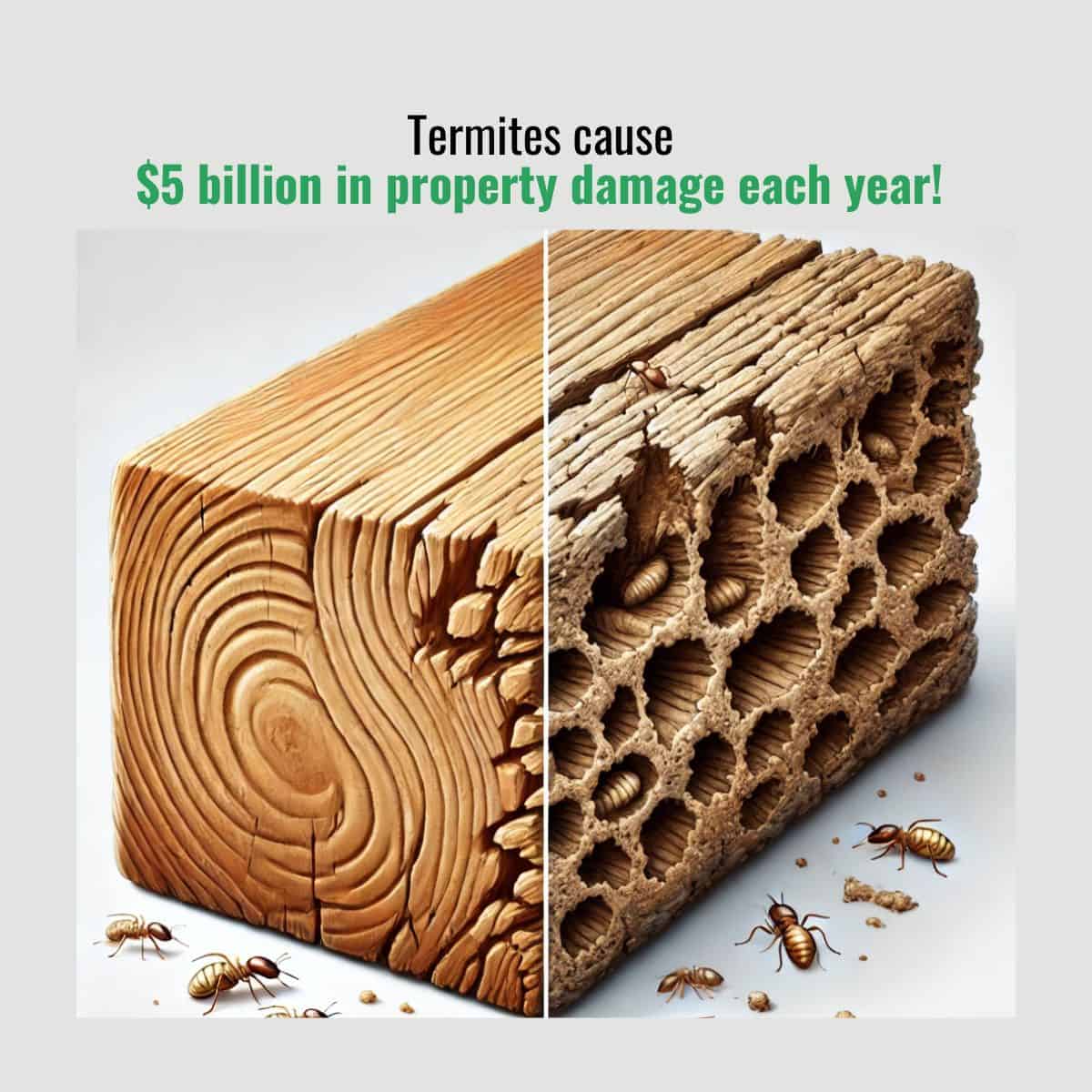Keeping Mice Out This Fall
This is the time of year when the temperature drops pushing mice and rats indoors for a warmer place to live. Your warm home, office or even car can provide an excellent habitat for them to thrive. With a constant supply of food and water, plenty of places to build a nest and a controlled […]







